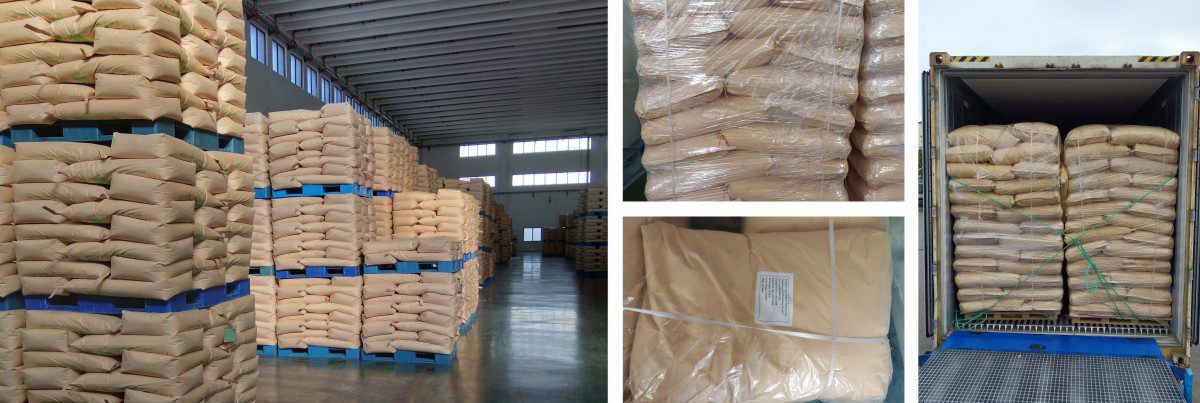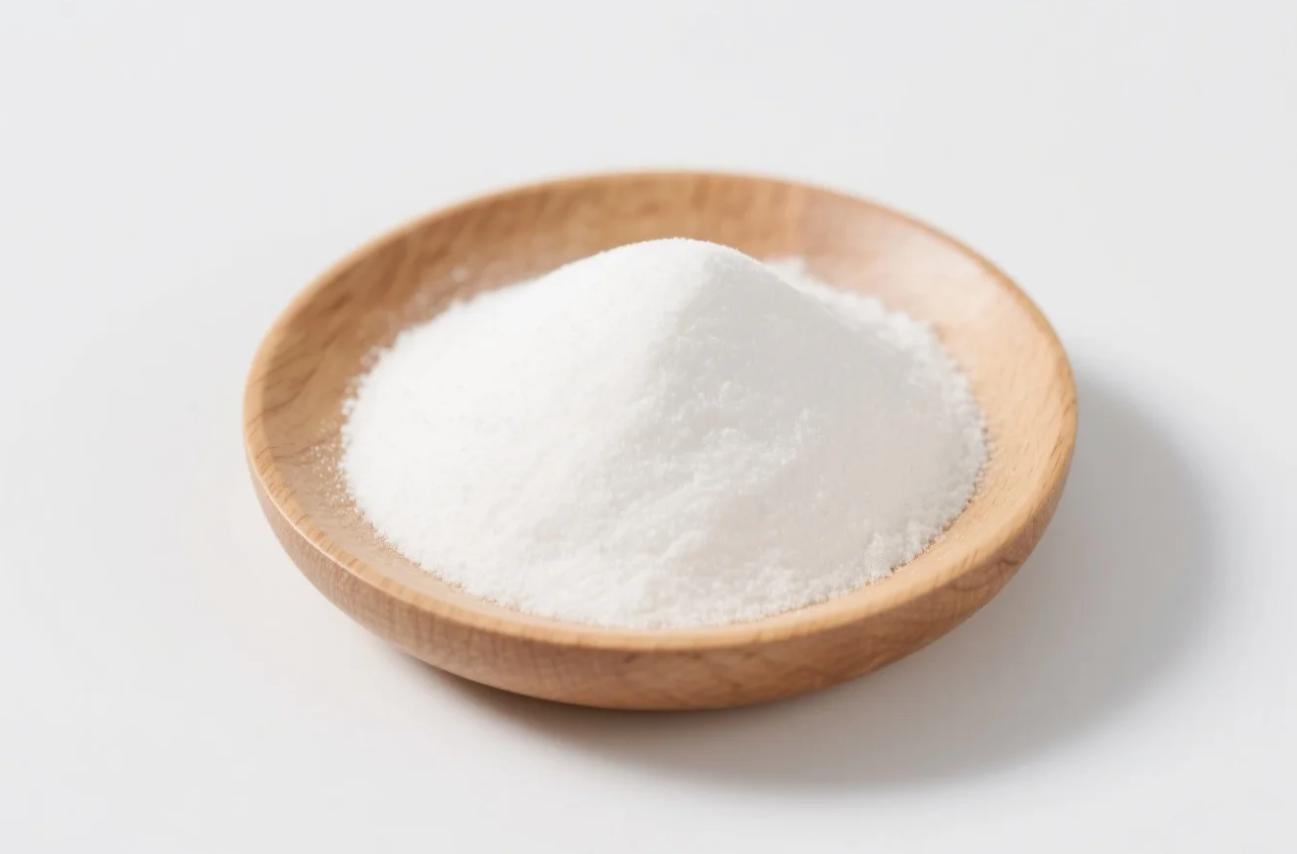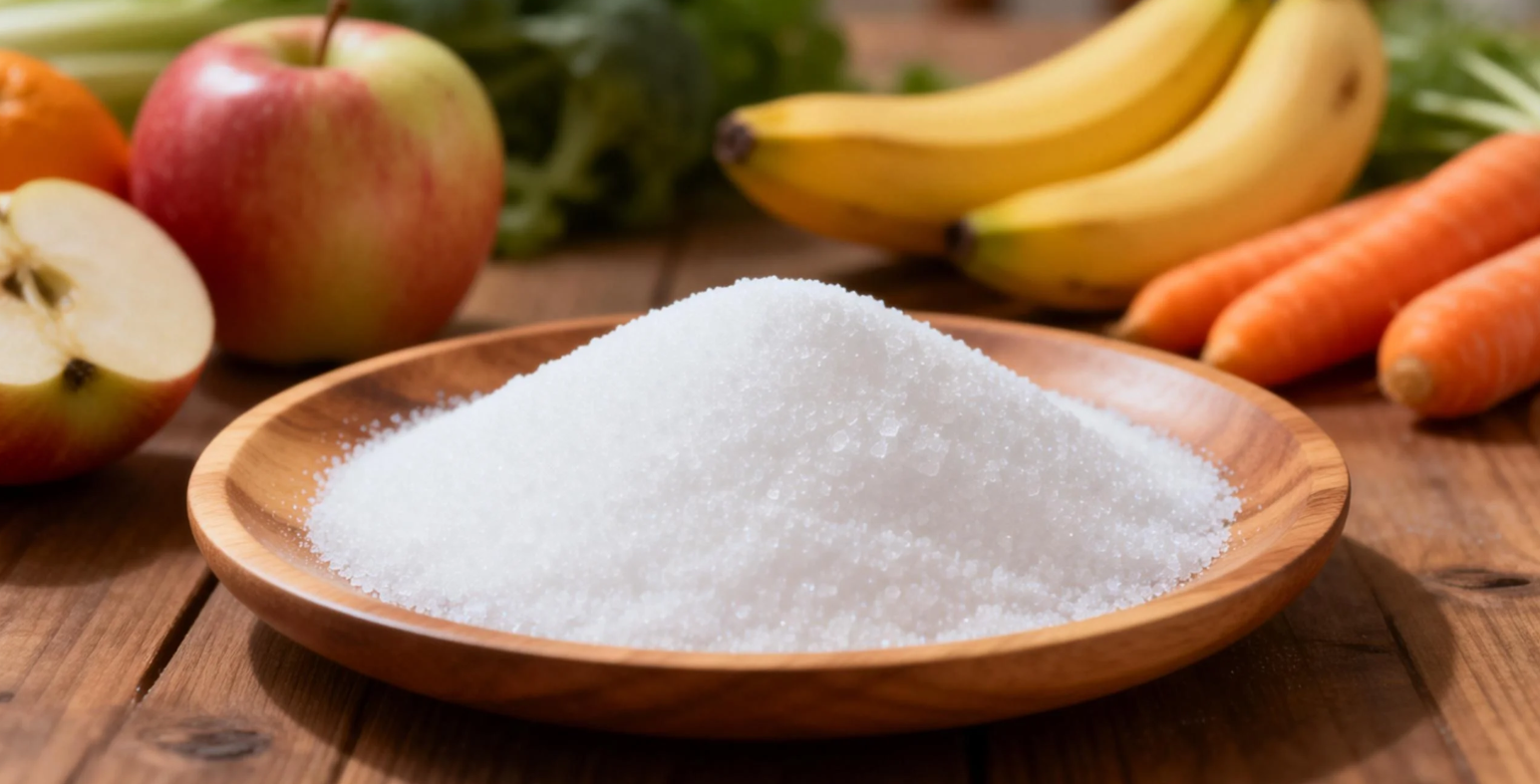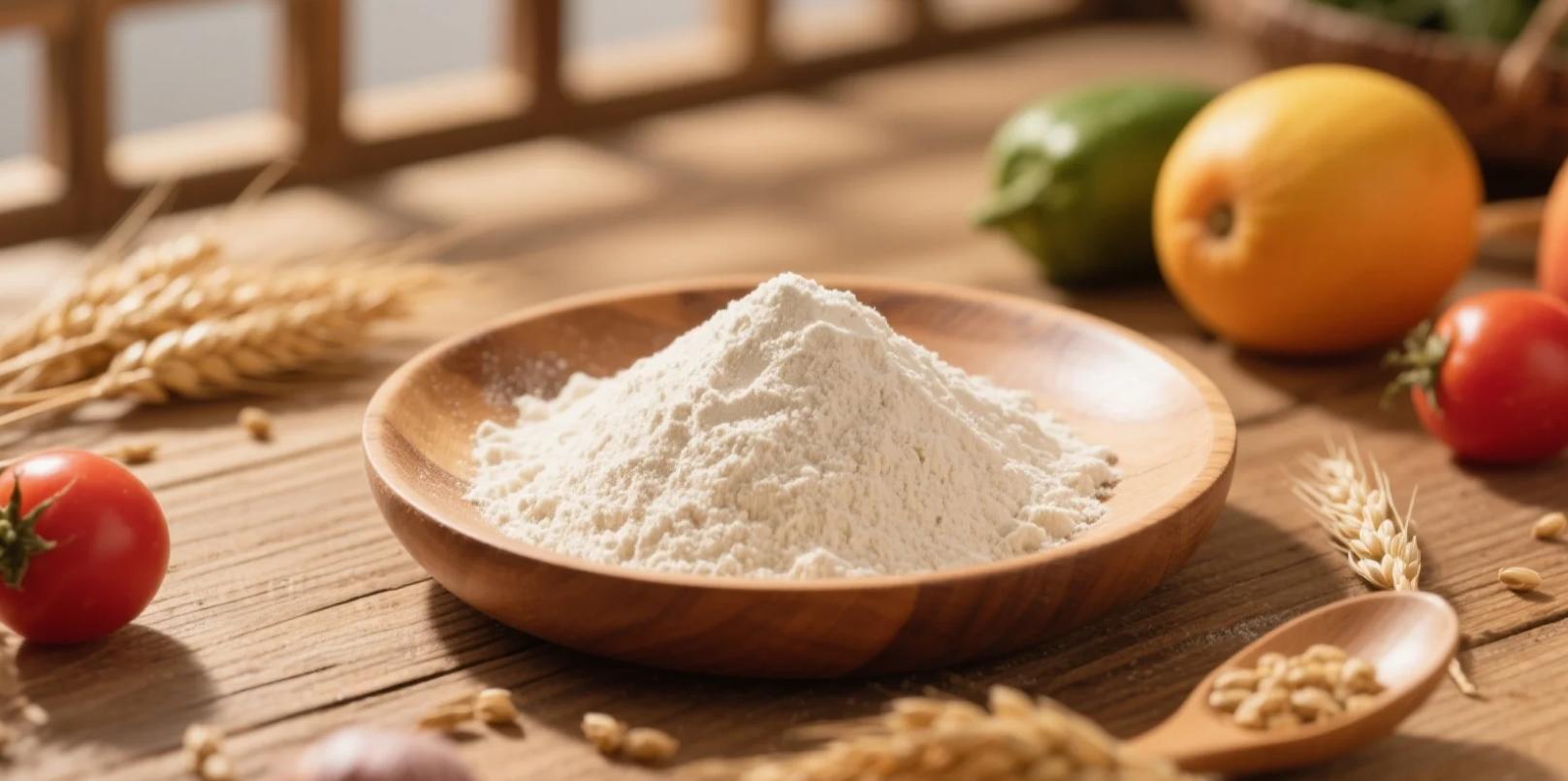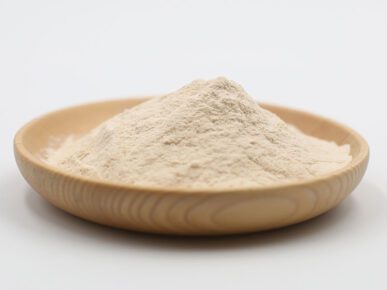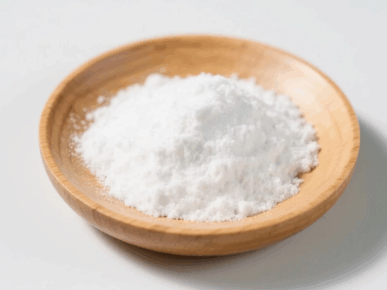Table of Contents
What is Organic Maltodextrin Powder?
Organic maltodextrin is a natural, USDA-certified organic carbohydrate powder, widely used in beverages, baked goods, confectionery, and nutritional supplements. It offers clean label, neutral taste, and excellent solubility for smooth processing.
Key Features:
- USDA Organic, Non-GMO
- Clean label ingredient
- Soluble and free-flowing powder
- Neutral flavor, odorless
- Reliable supply for B2B customers
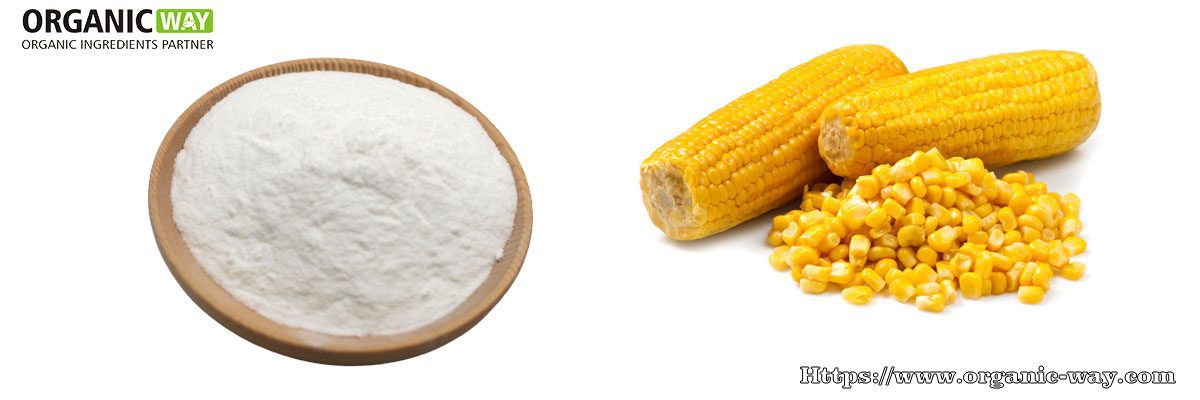
ORGANICWAY proudly presents Organic Maltodextrin Powder, a versatile, high-quality ingredient suitable for food, beverage, and supplement industries. Our organic maltodextrin powder offers a range of DE (Dextrose Equivalent) specifications to meet diverse formulation needs. Perfect for manufacturers seeking a reliable, natural, and organic carbohydrate source.
Specifications
| Parameter | DE 8–10 | DE 10–15 | DE 15–20 |
|---|---|---|---|
| Dextrose Equivalent (DE) | 8–10 | 10–15 | 15–20 |
| Appearance | White to off-white powder | White powder | White powder |
| Solubility | Soluble in water | Soluble in water | Soluble in water |
| Moisture (%) | ≤ 5% | ≤ 5% | ≤ 5% |
| pH (10% solution) | 5.0–7.0 | 5.0–7.0 | 5.0–7.0 |
| Bulk Density (g/cm³) | 0.40–0.60 | 0.45–0.65 | 0.50–0.70 |
| Ash (%) | ≤ 0.5% | ≤ 0.5% | ≤ 0.5% |
| Microbiological | Total Plate Count ≤1000 CFU/g Yeast & Mold ≤50 CFU/g E. coli Negative | Same as left | Same as left |
| Packaging | 25kg kraft paper bag with PE liner or bulk packaging available | Same as left | Same as left |
| Shelf Life | 24 months from production | 24 months from production | 24 months from production |
Typical Applications:
- DE 8–10: Ideal for beverages, syrups, and low-sweetness applications.
- DE 10–15: Suitable for baked goods, confectionery, and protein powders.
- DE 15–20: Best for high-sweetness formulations, instant drinks, and energy supplements.
Packaging & Storage
- Packaging Options: 25 kg kraft paper bag with inner food-grade PE liner or customized packaging for bulk B2B orders.
- Storage Conditions: Store in a cool, dry place away from direct sunlight. Shelf life: 24 months from production date.
Quality & Compliance
- Certifications: USDA Organic, EU Organic, ISO 22000, HACCP
- B2B Focus: Designed for bulk purchasing, OEM, and contract manufacturing.
- Testing Standards: Each batch tested for microbiological safety, heavy metals, and residual solvents.
Why Choose ORGANCIWAY Organic Maltodextrin?
Global B2B Support: Reliable supply chain and international logistics for large-scale orders.
Consistent Quality: Controlled production ensures batch-to-batch uniformity.
Flexible DE Options: Tailored to meet the sweetness, viscosity, and solubility requirements of your products.
Organic & Clean Label: Helps brands meet consumer demand for natural ingredients.
FAQs
Q1: What is maltodextrin DE, and why does it matter?
A: DE (Dextrose Equivalent) indicates the level of hydrolysis of starch into glucose units. Lower DE provides thicker texture and slower sweetness; higher DE increases sweetness and solubility.
Q2: Is your organic maltodextrin powder suitable for protein powders?
A: Yes, our DE 10–15 grade is widely used in protein powders for better solubility and texture.
Q3: Can I order in bulk for B2B distribution?
A: Absolutely. We offer customized packaging and bulk supply to meet large-scale industrial needs.
Q4: What certifications does your maltodextrin have?
A: USDA Organic, EU Organic, ISO 22000, HACCP.
Q5: How should I store organic maltodextrin powder?
A: Store in a cool, dry place away from direct sunlight. Shelf life is 24 months.
Q6: Can maltodextrin be used in vegan or clean label products?
A: Yes, our organic maltodextrin is plant-based, non-GMO, and compliant with clean label standards.
Packing
